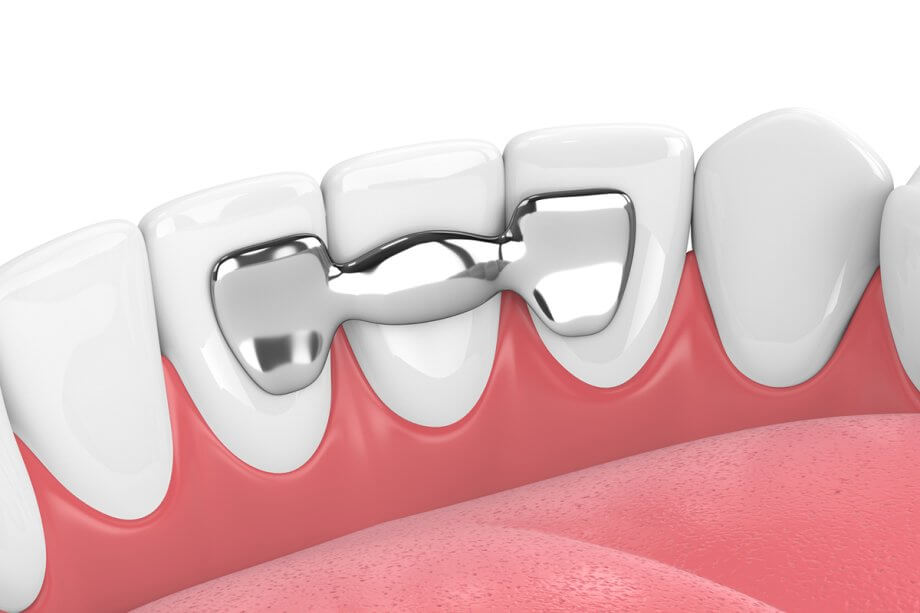A dental bridge helps restore the appearance and function of your smile. If considering a dental bridge to replace a lost or damaged tooth, you may wonder how long it will last. This blog post discusses the factors impacting the longevity of a dental bridge and tips on how to extend the lifespan of your dental bridge.
What Is a Dental Bridge?
A dental bridge is a prosthetic device that replaces one or more missing teeth. It consists of two or more dental crowns attached to the adjacent natural teeth on either side of the gap. The crowns act as anchors or abutments, while the artificial teeth, called pontics, bridge the gap between them, seamlessly blending it with your natural teeth. Dental bridges restore the aesthetics and function of the missing teeth, improve speech and prevent further dental problems caused by the shifting of remaining teeth. Bridges can contain various materials, including porcelain, ceramic, or a combination of metal and porcelain.
What Are the Different Types of Dental Bridges?
Different types of dental bridges exist, each with its own benefits and limitations. Common types of dental bridges include:
- Traditional bridges: Traditional bridges use crowns on the teeth adjacent to the missing tooth/teeth to hold the bridge in place. They are durable and last around 15 years or more with proper care.
- Maryland bridges: Also called resin-bonded bridges, these use a metal or porcelain framework bonded to the back of the teeth next to the missing tooth/teeth. They are less invasive than traditional bridges, but may not be as durable.
- Cantilever bridges: Cantilever bridges are similar to traditional bridges, but use a crown on only one tooth by the missing tooth/teeth to hold the bridge in place.
How Long Does a Dental Bridge Last?
The lifespan of a dental bridge depends on various factors, such as the type of material used, oral hygiene, and regular dental checkups. Typically, dental bridges last between 5 to 15 years. However, with proper care and maintenance, a dental bridge may last even longer. Regular dental checkups and cleanings will help identify and treat any issues that may arise.
Tips for Extending the Life of a Dental Bridge
To help ensure your bridge lasts as long as possible, there are a few things you can do:
- Practice good oral hygiene: Keeping your mouth clean and healthy is essential for maintaining the longevity of your dental bridge. Brush and floss regularly, and use an antibacterial mouthwash as directed by your dentist.
- Avoid hard or sticky foods: While your dental bridge can withstand normal chewing and biting, you should still be mindful of what you eat. Avoid hard or sticky foods that may damage or dislodge your bridge.
- Don’t use your teeth as tools: Using your teeth to open packaging or cut objects puts undue pressure on your dental bridge and cause it to break or become loose.
- Wear a mouthguard during sports: If you participate in sports or other activities with a risk of dental injury, wear a mouthguard protecting your teeth and your bridge.
Dental Bridges in Murray Hill, NYC
If you're in Murray Hill and in need of a dental bridge, contact Manhattan Dental Spa. Our team of experienced dental professionals provides top-notch care and will help you determine the best type of bridge for your needs. Contact us today by calling 212-683-2530 or request an appointment online.


